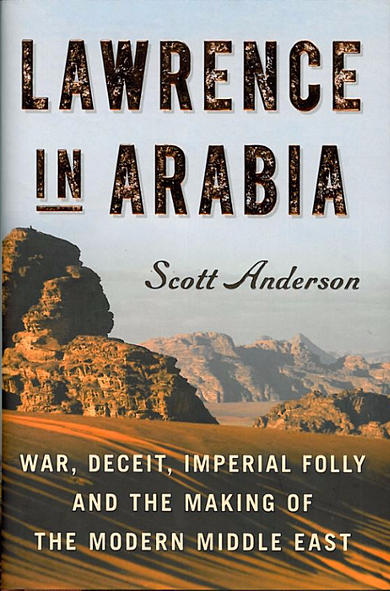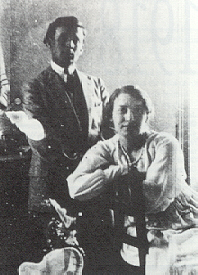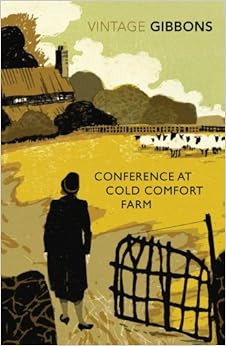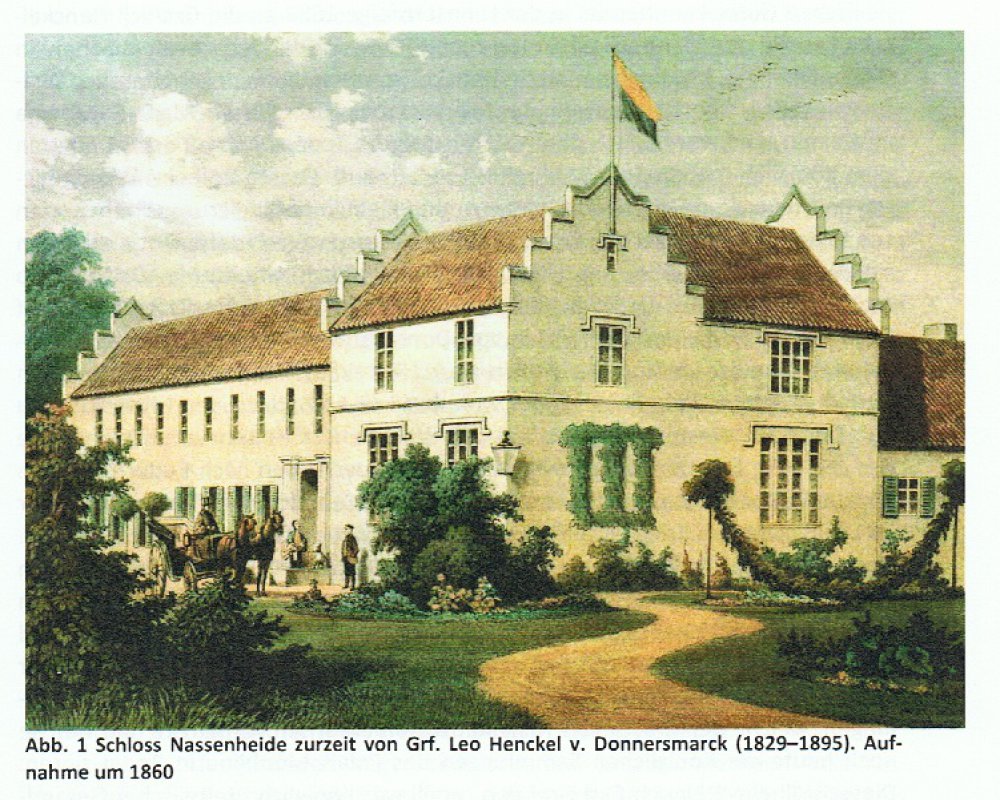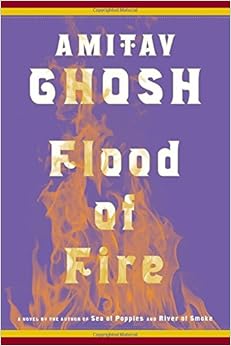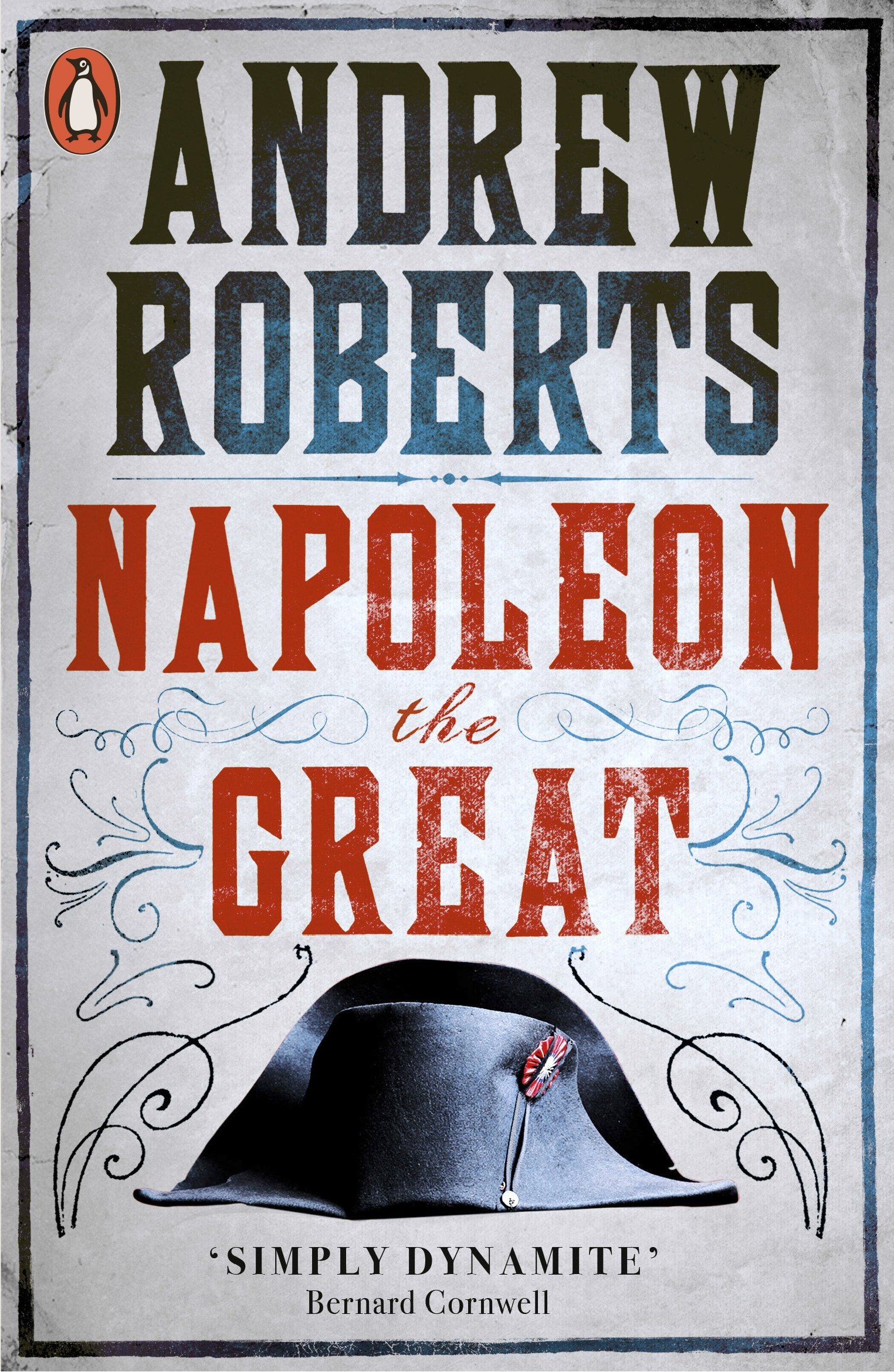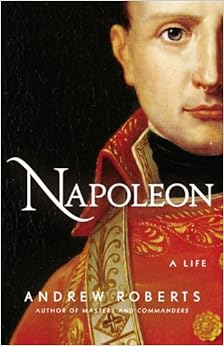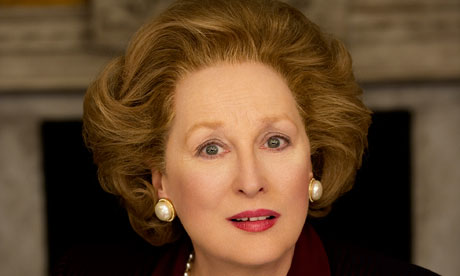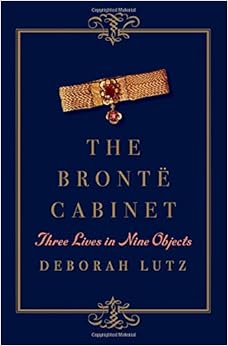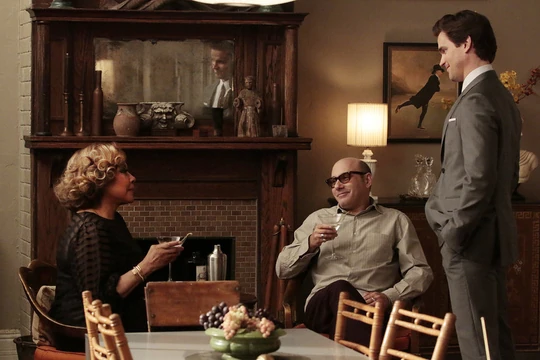
I have watched the first three episodes. Narcos is engrossing me specifically from an historical viewpoint (though when our narrator first sees the woman he's going to marry, her hairstyle is at least 40 years out of period -- pure 2014-2015, not 197whatever) How people who are looking for adventure drama primarily will see it I don't know.
It continues to amaze me to know these events took place in a time long before I ever knew the existence of the places the series , much less seen them, though, so far, I've only seen them through el V's eyes and experience: Bogotá, Cartegena, Baranquilla, Medellín, etc. Medillín now is a hip and cool city, capital of salsa music and dancing, with fine hotels, restaurants, shopping and parks.
I particularly appreciate the scenes that have the astounding Spanish baroque architecture of cathedrals and and public buildings as the frame for the latest capitalist extraction out of the New World of a product, cocaine, that is as highly addictive and profitable as sugar and slavery ever were, and remain.
I'm also enjoying the Spanish that is spoken many of the scenes. This is done with nimbleness and skill. An English-only speaker isn't going to be disturbed out of engrossment in the scenes by either the Spanish or the subtitles. As English and Spanish deftly interchange with each other, so too does the smooth insertion of the historic television footage and the newspaper photographs and headlines of Escobar's days.
Some have criticized both Boyd Holbrook, who plays Steve Murphy, the American DEA narrator, and his voice overs, but I like him and the narration very much. For me, this narration contributes to the overall sense of a timeless epic, framed within a Colombian-Amazonia South American perspective: another twist in the knotted saga that is the long, violent, bloody history of South America's struggles with Strong Men from Cortés to Bolívar to Pinochet, and the Escobars.

The cast is uniformly good, including Steve Murphy's partner, Javier Peña, played by Pedro Pascal.

The critics agree: the principal player, Pablo Escobar's Wagner Maniçoba de Moura (a Brasilian, he needed to learn Spanish for this role) is very, very, very good. He's a little pudgy, a little paunchy. His eyes alternately reveal a stone cold killer and the dreamer who imagines being president of Colombia and helping the poor against the established wealthy elite who exploit them and the country. He projects that larger-than-life complexity that makes for the very best of villains -- which is countered with the plainer, simpler, USian good guys, of Peña and Murphy. But this is el norte going against el sud, something long resented throughout South America, so they and the interests they represent aren't that simple or that plain at all.
Why I am liking Narcos quite a bit so far, the Guardian expressed well. A pull from the review:
"It’s not too much like a history lesson? It’s exactly enough of a history lesson. That most of the story is true is utterly fascinating, especially when it comes so close to melodrama with kidnappings, affairs, extortion, murder and a few devious families controlling insane amounts of wealth. It’s like Empire, but with more Spanish and tons of bloodshed. Chris Brancato (an alum of everything from the original Beverly Hills 90210 to several shows in the Law & Order franchise) makes the episodes compulsively watchable and even though the whole plot could be spoiled with a simple Wikipedia search, there is still plenty of action and suspense."This isn't a series that is for binge watching so much as watching 2 or 3 episodes at a time -- partly to absorb the historical aspects and to think about what they signify in terms of contemporary issues, including both Europe's and North America's ongoing immigration, drug and labor (including sex trafficking) crises.

Taking one's time watching the series allows one to properly appreciate the great location vistas and backgrounds, as well as to consider them in connection with what literature gringos insist on quantifying as "magical realism" -- which is NOT how South Americans characterize such works as those by Gabriel García Márquez, nor does Márquez himself, for that matter.*
Márquez grew up in Aracataca, Colombia, and then lived with his grandfather in Baranquilla, where he began his career as a journalist. As we see in Narcos, journalists still mattered a great deal, in terms of politics, in Escobar's day -- and, in fact, they still do.
OTOH, that's how it works for me, which doesn't mean that's how it works for everyone.
--------------------
* I suppose the academic term currently for this might include something that connects to the locution du jour: spacialization, "The Spacialization of Vision in Gabriel García Márquez's Love In TheTime of Cholera." Every discipline has a form of spacialization now, including the music department, "sound spacialization" and "spatial music," i.e. as on a course syllabus:
"Spatial music is composed music that intentionally exploits sound localization. Though present in Western music from biblical times in the form of the antiphon, ..."or in Ethnic Studies, "Multi-Ethnic Alliances, or the Spacialization of Race," etc.
or in an anthropology course -- the "spacialization of labor".
You get the picture.
Globalization is as unhip as yesterday.
